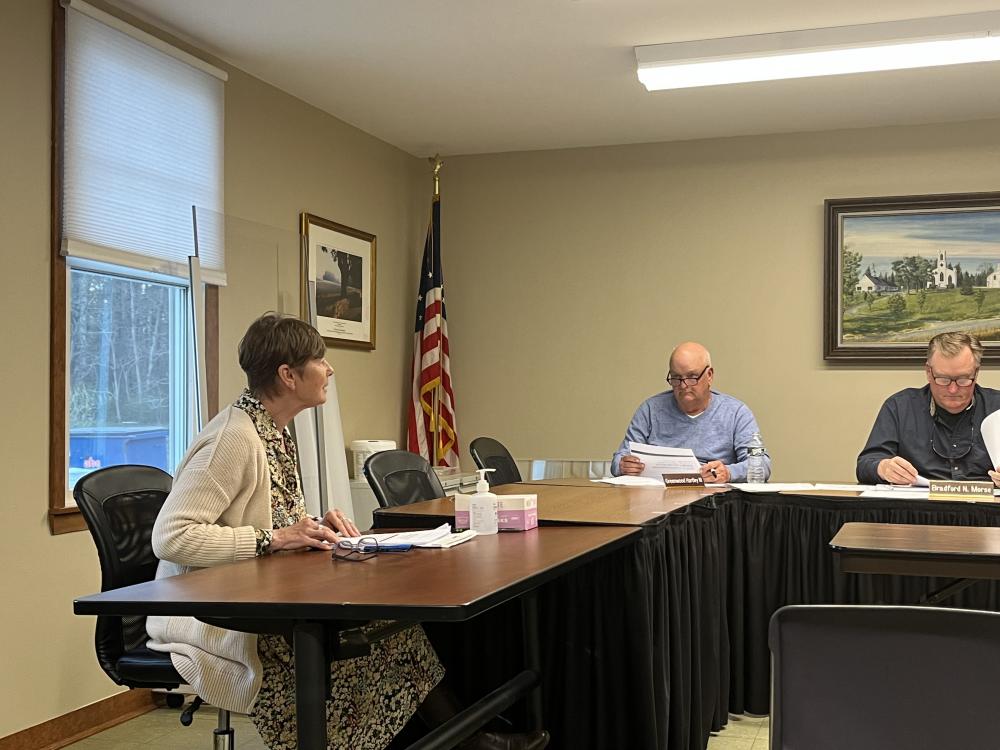New state legislation asks Rochester to accommodate more housing
ROCHESTER — Rochester will be asked to change zoning requirements to accommodate as many as 750 additional units of multi-family housing, according to new state legislation that affects communities in or near Massachusetts Bay Transportation Authority transportation lines.
This change drew criticism from the select board and town planner, who said at the April 25 select board meeting that the additional housing would place a strain on services and change the character of the town.
The changes are required as part of Massachusetts General Law 40A section 3A, which asks that MBTA-adjacent communities “of reasonable size’’ meet certain requirements for an amount of multi-family homes, Town Planner Nancy Durfee said.
This law change will affect 175 communities throughout the state, including Rochester due to its proximity to the Middleboro/Lakeville commuter rail.
“Massachusetts feels as if there is a housing crisis,” said Durfee, “and needs more housing to economically grow.” The law aims to provide more housing stock within the state.
The zoning requirements will ask for Rochester to change zoning to accommodate 750 additional units. Durfee estimate this could add 3,375 new residents to Rochester, which is almost 40% of the total population.
“The cost to educate one child in Rochester is $13,507 annually,” she said. “That additional cost would put a strain on the community, on everything.”
Durfee says that this change to the law does not “take into consideration the impact of the community and its character.” She mentioned the strain on the sewers, traffic, and emergency services. “I think this [legislation] paints all communities with the same brush.”
“You’d have to have a lot of land to build something that big that would work, and even then it’s dicey at best,” said Select Board member Paul Ciaburri.
Right now, the law only requires Durfee to present the information to the select board. Then, by 2023, the board will need to create an action plan for a multi-family housing district. After that, the state would like the plan to be on the 2024 Town Meeting warrant.
“I don’t think they realize the town gets to decide at the end of all this, and that will be a good thing,” said Durfee, who mentioned that the law change does remain in flux as more communities like Rochester speak out against it.
If the community chooses to vote against it, they could become ineligible for certain grants.
“We do anticipate a lot of pushback as the word gets out,” said Town Administrator Glenn Cannon. “There are going to be a lot more towns in line with us.”
















